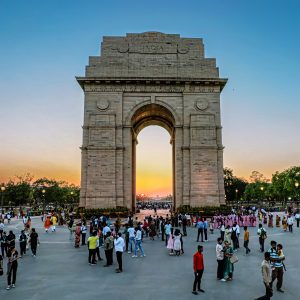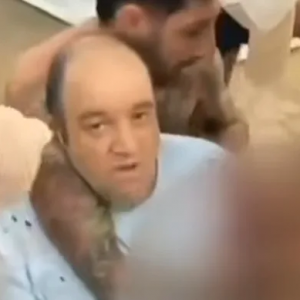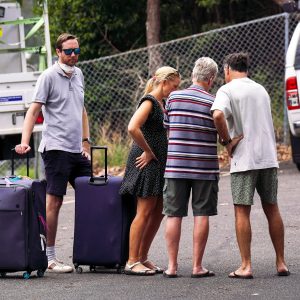Thousands rally for Nigeria’s Labour party 2023 election campaign
Lagos, Nigeria (AFP):
Thousands of supporters for Nigeria’s Labour party candidate Peter Obi rallied in Lagos and other cities on Saturday, in the first major campaign march for the 2023 presidential election.
Obi, a former state governor, is challenging the long dominance of ruling APC and main opposition PDP to succeed President Muhammadu Buhari in governing Nigeria.
Five months before the February 25 ballot, main candidates appear in a tight race with Nigeria’s faltering economy and rife insecurity among the top priorities for the winner.
With crowds chanting his name, Obi’s supporters packed into highway service lanes in several districts in Lagos, Nigeria’s economic capital.
“We are taking back our country,” said Chijioke Chuwunyere, a tech consultant who was marching in Lagos Surulere area. “This is a chance to right all the wrongs.”
Obi supporters also rallied near the Lekki tollgate, where peaceful #EndSARS protests demanding better governance and an end to police brutality were violently disrupted by security forces in October 2020.
Obi’s supporters who call themselves “Obi-dients” say the 61-year-old former banking executive offers an alternative to the old-guard candidates put forward by the PDP and APC.
High inflation, lack of jobs and insecurity have left many younger Nigerians frustrated with politics and apathetic about change at the ballot box.
However, earlier this year, electoral authorities said 70 percent of newly registered voters for 2023 are aged between 18 and 34.
The PDP governed Nigeria from the end of military rule in 1999 until 2015, when the APC defeated it to give Buhari his first term.
Nationwide, the Labour Party does not have the structure of the All Progressives Congress (APC) or Peoples Democratic Party (PDP), or any state governorships.
“We want a man, a governor, a president who will hear the voice of the masses,” said therapist and Labour party organiser Felicity Okorocha at one of the Lagos rallies.
Elections in the country are to be held on the backdrop of ethnic and religious conflict in Nigeria between its Christian and Muslim citizens as well as violence by militant groups like Al Shabaab that has left the country insecure and unstable. The religious background and identity of the candidates will continue to be an important factor as the nation exercises its right to vote.









